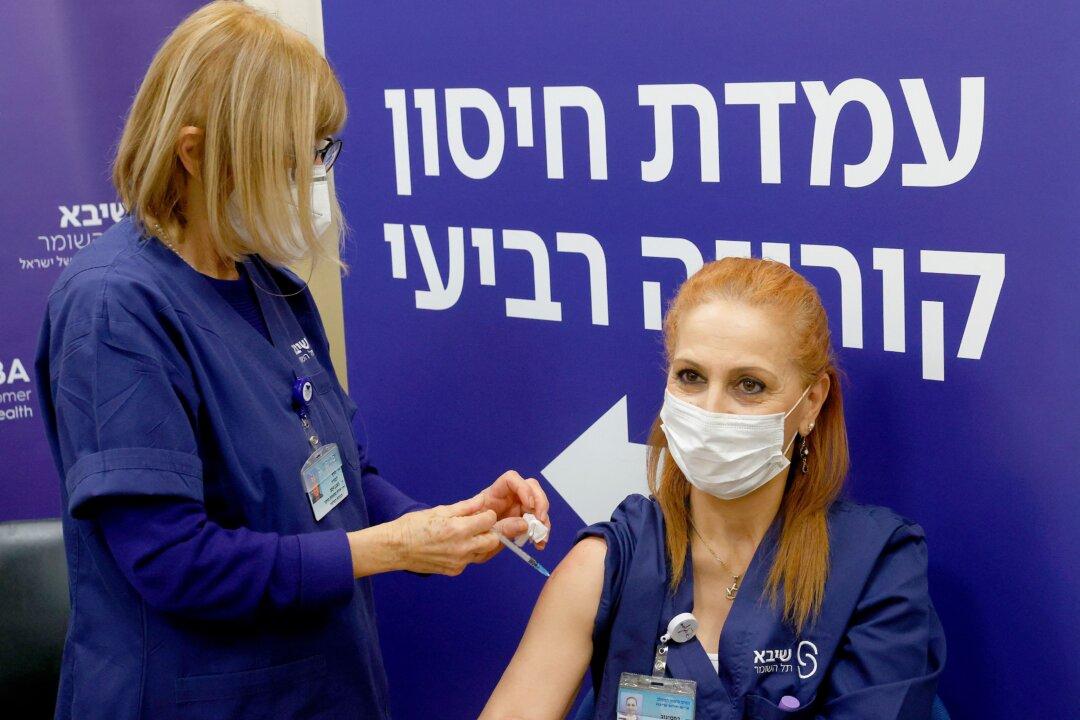The government of Israel has admitted in court that it has failed to locate its COVID-19 vaccine agreement with Pfizer despite an extensive search.
In 2020, Israel secured vaccines from Pfizer on a priority basis, promising to provide epidemiological data of its citizens in exchange. In a petition pending at the Jerusalem District Court, the Israeli Ministry of Health (MoH) claimed to have lost the agreement and also raised doubts about whether the agreement was even signed by the parties involved.





